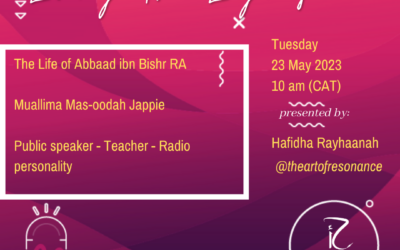Beneficial Eating Habits
The 80/20 Rule
It’s common knowledge that depriving yourself of all treats and sweets simply isn’t sustainable and can also create and exacerbate an unhealthy relationship with food.
It’s worth noting that this isn’t a “diet” or “weight loss tool”. The 80/20 is an approach to healthy eating teaching you balance, moderation and indulging without a guilty feeling.
The basic idea of the 80/20 rule is very simple. In order to be healthy and balanced, you don’t always have to make 100% healthy food choices. 80% is enough. The remaining 20% you can choose less healthy food and indulge yourself.
Here is a common example:
At a family function, a family member brings a chocolate cake. You’ve been making a big effort to eat healthier recently but decide to take a piece, even though you know cake doesn’t fit into “eating healthily”. Afterwards, you feel guilty and the day is ruined. You then continue to eat sweet treats for the rest of the day and in the worst case, you give up on eating healthy.
Following the 80/20 rule, your approach can be different. The piece of a cake is part of your 20%. With that in mind, you decide to enjoy the delicious cake and go back to eating healthily afterwards, with no feelings of guilt.
Tips to Incorporate It
Indulge on the weekends only. Try to save the 20% for weekends. Eating sugar can make you feel less energised, lethargic and sometimes it can actually make you feel like you have a hangover in the morning. During the week, be as efficient and productive as possible.
Don’t binge. The biggest mistake people make when following the 80/20 rule is binging and thinking its ok. Allow yourself a dessert in a nice restaurant, don’t then go and buy chocolate and sweets at the petrol station on the way back.
Enjoy it all, not just the 20%
Keep in mind, every meal is an opportunity to nourish your body. For many of us, every bite should count in order to reward us with fiber, protein, healthy fats, vitamins and minerals etc.
If you learn to love the 80 percent—to crave fresh vegetables and home cooked food, then you won’t be dying for the 20 percent. Instead of thinking of it as a reward, think of it as some wiggle room to enjoy your life to its fullest.
Use the Rule of Thirds
The rule of thirds is a great way to keep our daily energy levels up and prevent the sense of heavy-headedness that often follows a heavy meal. What exactly is the rule of third? It is very easy to understand and it is found in the Hadith. Nabi S.A.W. has said…
مَا مَلَأَ آدَمِيٌّ وِعَاءً شَرًّا مِنْ بَطْنٍ بِحَسْبِ ابْنِ آدَمَ أُكُلَاتٌ يُقِمْنَ صُلْبَهُ فَإِنْ كَانَ لَا مَحَالَةَ فَثُلُثٌ لِطَعَامِهِ وَثُلُثٌ لِشَرَابِهِ وَثُلُثٌ لِنَفَسِهِ
“A human being fills no worse vessel than his stomach. It is sufficient for a human being to eat a few mouthfuls to keep his spine straight. But if he must (fill it), then one third of food, one third for drink and one third for air.” [Ibn Majah]






0 Comments